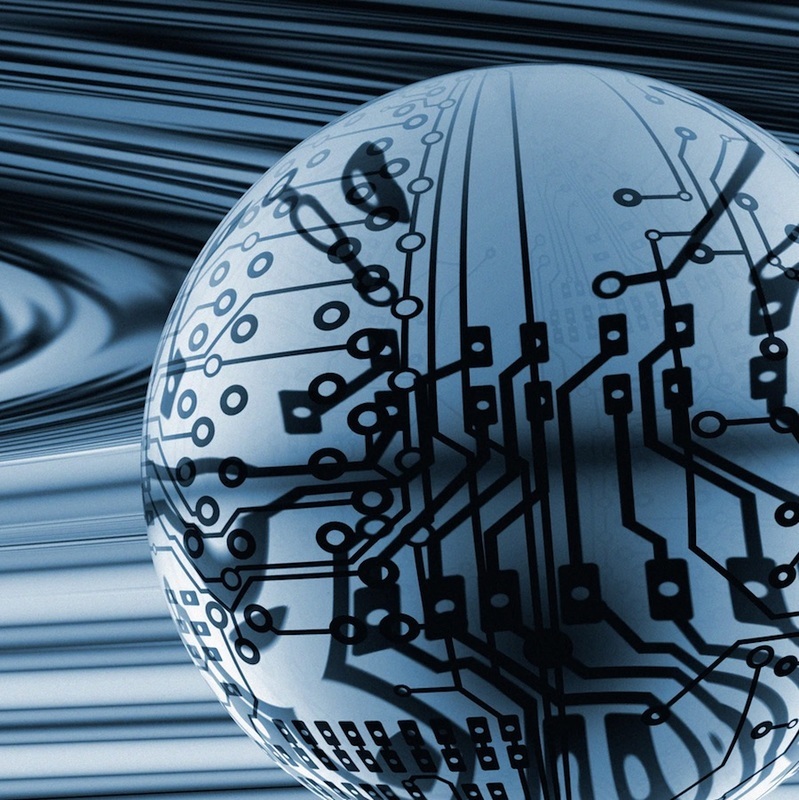
Last week Sony launched a projector which turns any surface into a touchscreen. We ask designers how screenless technology could be used in the future.

A new study could change scientists' understanding of how the brain works - and could lead to new approaches for treating neurological disorders and for developing computers that 'think' more like humans.

Engineering researchers have developed the first stretchable integrated circuit that is made entirely using an inkjet printer, raising the possibility of inexpensive mass production of smart fabric.

Over the last few years electronics based on the semiconductor silicon carbide (SiC) have started to mature. Those properties make it a very suitable candidate for computing on Venus.

Chinese state media announced that by the end of the year it intends to put out a prototype of an exascale supercomputer that would be more than ten times as powerful as any existing machine.

Whether quantum computing is 10 years away - or is already here - it promises to make current encryption methods obsolete, so enterprises need to start laying the groundwork for new encryption methods.

Japan is reportedly planning to build a 130-petaflops supercomputer costing $173 million that is due for completion next year.

A team of researchers from Microsoft, Cray, and the Swiss National Supercomputing Centre have been working on a project to speed up the use of deep learning algorithms on supercomputers.

Scientists at the University of Sussex have invented a ground-breaking new method that puts the construction of large-scale quantum computers within reach of current technology.

The fastest computer in the world today can deliver about 125 petaflops of performance, but that could quadruple in the coming years.

New training technique would reveal the basis for machine-learning systems' decisions.

A new type of nanodevice for computer microprocessors is being developed that can mimic the functioning of a biological synapse -- the place where a signal passes from one nerve cell to another in the body.

Carbon nanotubes are one of the most conductive materials ever discovered. Now, for the first time ever, scientists made a transistor using carbon nanotubes that beats silicon.

The US Navy is creating nanowires from one of the most renewable resources on the planet.

A primer on quantum computers. One day they could change the world.